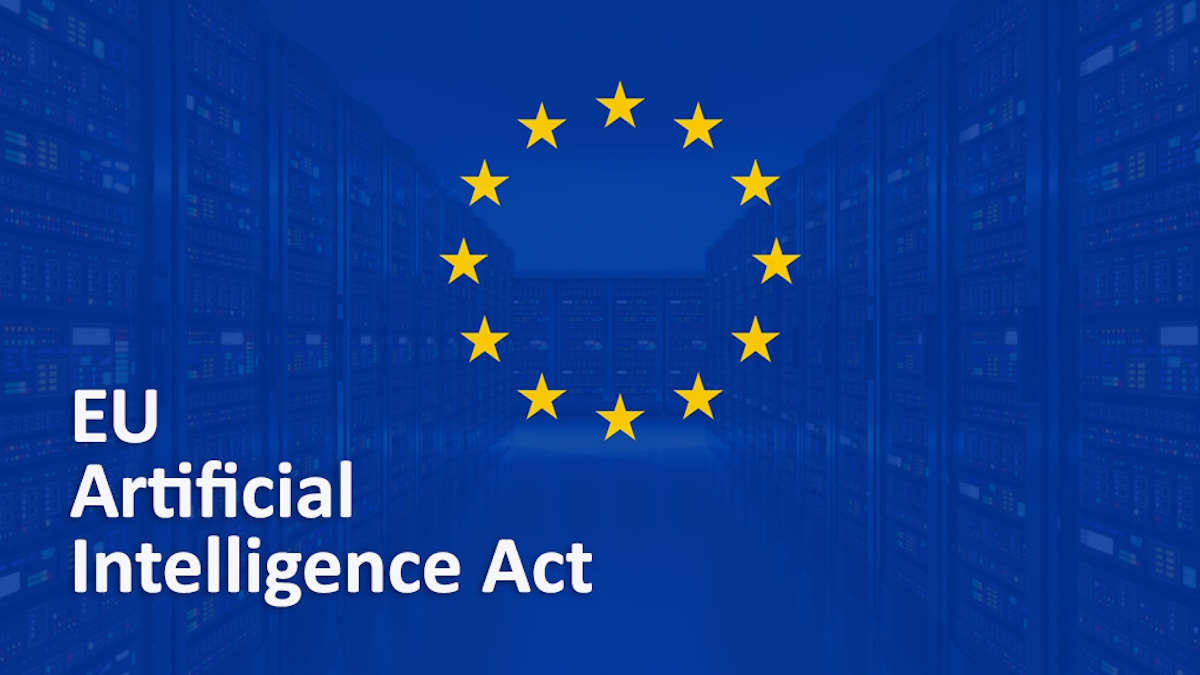The European Union’s AI Act represents a landmark regulation aimed at governing the use and development of artificial intelligence within the EU. This article explores the complexities of implementing the AI Act, with insights from experts on the challenges and opportunities it presents.
Overview of the EU AI Act
The EU AI Act is designed to ensure the safe and ethical use of AI technologies across the European Union. It sets out comprehensive requirements for AI systems, focusing on high-risk applications and establishing a framework for compliance and enforcement.
Key Provisions:
- Risk-Based Approach: The AI Act categorizes AI systems into different risk levels, with stricter requirements for high-risk applications.
- Transparency and Accountability: The regulation mandates transparency and accountability measures for AI developers and users.
- Human Oversight: The AI Act emphasizes the importance of human oversight in high-risk AI applications to prevent harmful outcomes.
Implementation Challenges
Implementing the EU AI Act poses several challenges for businesses, regulators, and policymakers, requiring coordinated efforts and significant resources.
Technical Challenges:
- Compliance Costs: Meeting the stringent requirements of the AI Act may involve substantial costs for businesses, particularly small and medium-sized enterprises (SMEs).
- Data Management: Ensuring compliance with data protection and transparency requirements necessitates robust data management practices.
Regulatory Challenges:
- Harmonization: Achieving harmonization across EU member states is crucial to ensure consistent implementation and avoid regulatory fragmentation.
- Enforcement: Effective enforcement mechanisms are needed to monitor compliance and address violations promptly.
Operational Challenges:
- Skill Gaps: Addressing skill gaps in AI development and compliance is essential to ensure businesses can meet the AI Act’s requirements.
- Integration: Integrating new regulatory requirements into existing business processes and systems can be complex and time-consuming.
Expert Insights
Experts from various fields provide valuable insights into the complexities of implementing the EU AI Act and the steps needed to address these challenges.
Regulatory Perspective:
- Harmonized Framework: Experts emphasize the importance of creating a harmonized regulatory framework to ensure consistent application of the AI Act across member states.
- Clear Guidelines: Providing clear and detailed guidelines for compliance can help businesses understand and meet the AI Act’s requirements.
Industry Perspective:
- Collaboration: Industry leaders highlight the need for collaboration between businesses, regulators, and policymakers to develop practical solutions for compliance.
- Innovation-Friendly Approach: Ensuring the AI Act supports innovation while addressing ethical concerns is crucial for the continued growth of the AI sector.
Technical Perspective:
- Advanced Tools: Leveraging advanced tools and technologies can help businesses manage compliance with the AI Act’s requirements more efficiently.
- Continuous Improvement: Ongoing improvements in AI governance and compliance practices are necessary to keep pace with technological advancements.
Opportunities for Businesses
While the EU AI Act presents challenges, it also offers significant opportunities for businesses to enhance their AI capabilities and build trust with consumers.
Competitive Advantage:
- Trust and Transparency: Complying with the AI Act’s requirements can enhance trust and transparency, giving businesses a competitive edge in the market.
- Innovation: The regulation encourages responsible innovation, allowing businesses to develop AI solutions that address ethical and societal concerns.
Market Expansion:
- Global Standards: The AI Act sets a high standard for AI governance, positioning European businesses as leaders in ethical AI development.
- Cross-Border Collaboration: Harmonized regulations facilitate cross-border collaboration and market expansion within the EU.
Conclusion
The EU AI Act represents a significant step towards ensuring the safe and ethical use of AI technologies. While its implementation presents challenges, it also offers opportunities for businesses to enhance their AI capabilities and build trust with consumers. By addressing the complexities of compliance and leveraging expert insights, businesses can navigate the regulatory landscape and thrive in the evolving AI ecosystem.
Source of the news: Data Centre News

















Got a Questions?
Find us on Socials or Contact us and we’ll get back to you as soon as possible.